SUMMARY
This is AI generated summarization, which may have errors. For context, always refer to the full article.
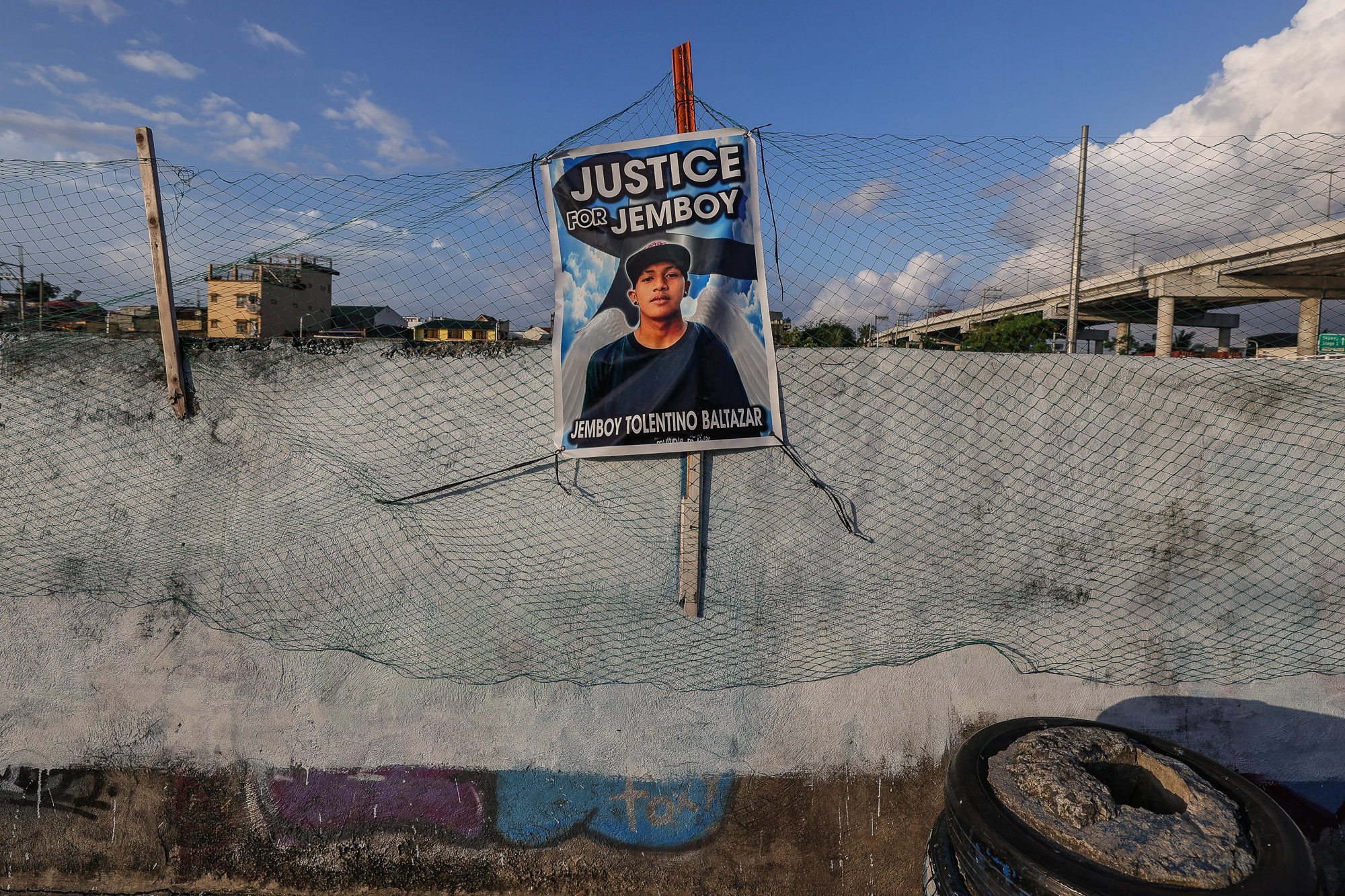
MANILA, Philippines – The body camera worn by policemen during the killing of 17-year-old Jemboy Baltazar was turned off, eliminating another potential source of evidence in identifying those who fired the shots.
“Lumalabas na itong nagdadala ng body cam ay hindi daw po niya in-on ‘yung body cam noong operation,” said Navotas police chief Police Colonel Allan Umipig in a Radyo5 interview on Monday, August 14. “Kaya pinapakasuhan ko rin po, pinapaimbestigahan ko na po siya.”
(It turns out that the police officer who was wearing the body cam didn’t turn it on during the operation. That’s why I am also ordering an investigation on him.)
Jemboy Baltazar, mistaken for a suspect, was shot dead on August 2 after jumping off a boat in Barangay NBBS Kaunlaran.
According to Umipig, they have a total of seven body-worn cameras in their station. The Philippine National Police deployed body-worn cameras in 2021 to make police operations more transparent, including execution of warrants.
If it had been turned on, the recording from the body-worn camera could have provided evidence or pieces of evidence. The complaint against six detained policemen was lowered from homicide to reckless imprudence resulting in homicide due to lack of supporting information.
Two ground commanders are facing administrative cases. (READ: 27 Navotas cops relieved over death of 17-year-old Jemboy Baltazar)

Umipig said they did not have enough evidence at the time they detained the policemen, and thus was not able to file a complaint for murder.
“Ang advice din po ng pisklaya ay kung kakasuhan po sila ng murder o plain homicide at ang ebidensya ko po ay doon kay Sonny Boy – hindi niya nakita, hindi niya malaman kung sino sa kanila ang pumutok – hindi po tatanggapin,” explained Umipig.
“At malamang sa malamang, release for further investigation po ang nangyari at wala pong na-detain kaagad.”
(The advice we got from the prosecutor is that if we are going to charge these officers with murder or plain homicide, and our only testimony is from Sonny Boy who said he didn’t see or can’t remember who fired, then the case won’t be accepted. Most likely, the policemen would have been released for further investigation and no one would have been detained.)
This is not the first time that body-worn cameras were turned off during police operations, Umipig admitted.
In some cases, law enforcers would say that the batteries had run out, and they would have had to go back to their substations to charge the batteries.
Umipig said they often remind enforcers that the body-worn cameras should be fully charged and turned on during police operations.
Umipig said during the interview that they have four additional testimonies from witnesses, but did not specify the people involved.
Chairperson Richard Palpal-latoc of the Commission on Human Rights (CHR) underscored the importance of body cameras in police operations, including the serving of search and arrest warrants. The commission has consistently recommended the use of body cameras.
“Iyong pagsusuot ng body worn cameras sa kanilang mga operasyon, malaking bagay kasi siya para masiguro na tama ang pagtupad sa tungkulin ng mga kapulisan, maiiwasan ang mga ganitong paglabag sa karapatang pantao,” he told reporters on Monday, August 14.
(The wearing of body-worn cameras during operations is very important to ensure that the police do their duties well and human rights violations are prevented..)
Rodaliza Baltazar, Jemboy’s mother who is an overseas Filipino worker in Qatar, flew home immediately after she learned about the death of her son.
Rodaliza told reporters on Friday, August 11, that justice should be served for his son, and that the six policemen should feel remorse for what they have done. – With a report from Jodesz Gavilan/Rappler.com
1 comment
How does this make you feel?
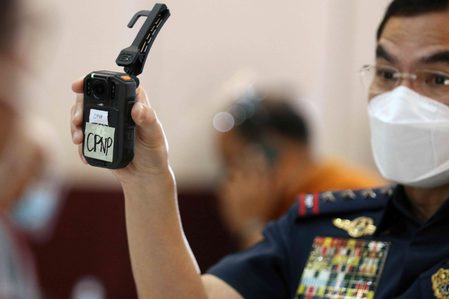
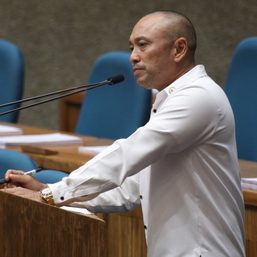




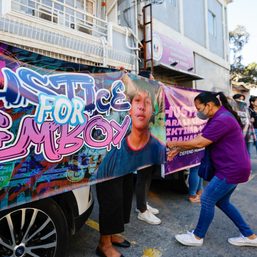
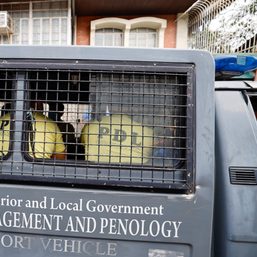
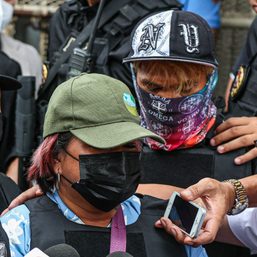

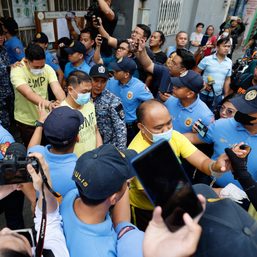
So there are loopholes in the use of “body cams”, which can be applied to hide “extra-judicial killings.” Unless the PENALTY will be so severe for erring Police Personnel, this “palusot” will never end at the expense of the EJK victims. Can we rely on the PNP Chief General Benjamin Acorda Jr. to rectify this? Or shall we wait for any of the Grandstanding Senators or Congressional Representatives or Mr. Good Vibes President Marcos Jr. to call his attention? (Note: It is hard to expect VP Sara Duterte to put a stop on the continuation of EJKs in the country because of the saying: “Like Father, Like Daughter.”)